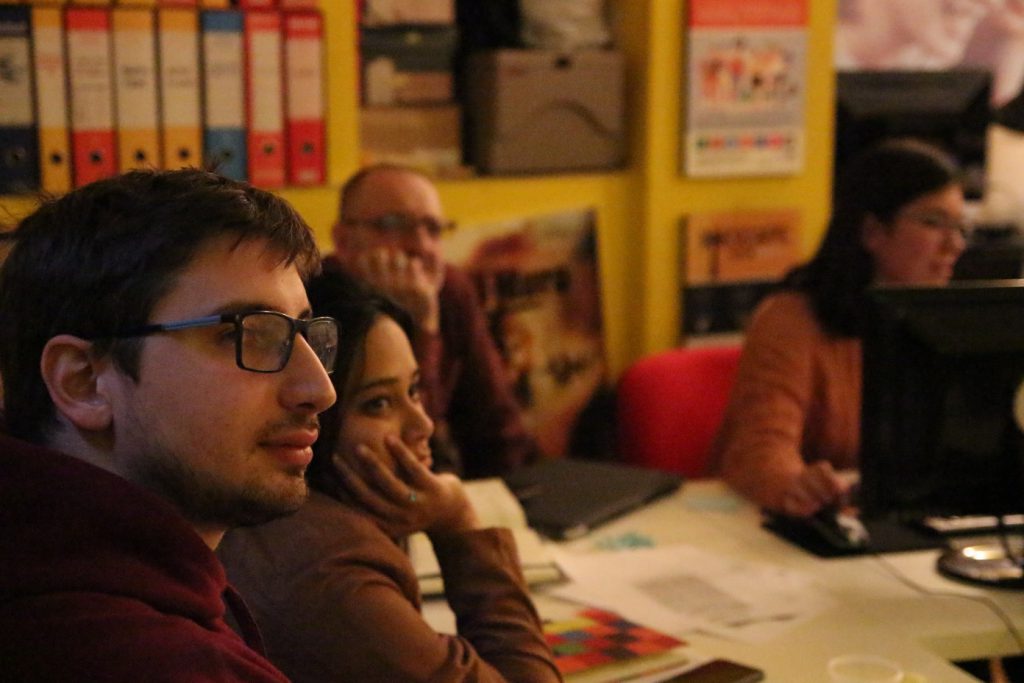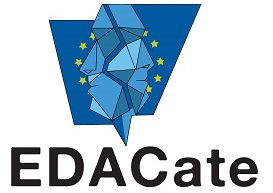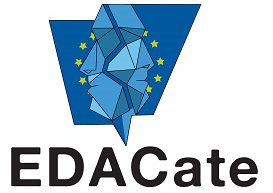
The partners believe that a better Europe needs smart citizens. E-participation and digital citizenship are already daily practices in most of the European countries. Countries like Estonia introduce digital citizenship and almost every country has a strategy for digitalization and participation. The current picture proofs that Europe is full of islands, each containing good practices, smart methods and interesting tools to teach ‘how to participate’. Still the number of cross-national and intercultural competences is rather small.
National studies and surveys such as Guidelines for successful eParticipation of young people in decision-making processes at local, regional, national and European level published by IJAB. Similar studies on Active Citizenship had been performed on national and European levels, missing cross-sectoral and transnational perspectives. Projects like Euth and provide concrete tools and aspire to create European tool boxes in eparticipation. Still they miss out on bridging the gaps between the sectors. Thus most of the European surveys are focusing on the efficiency of those programs and not on concrete methods. Teacher, trainers but as well learners can not find curricula or methods used in other countries and even on national or local level an exchange or overview of methods from other sectors are missing.
While in youth or primary education training modules are tested and applied, the offer in adult and vocational training falls short, leaving a significant gap in training citizenship in lifelong learning.
EDACate aspires to close this gap. We see our main task to collect, evaluate and review national and local good practices. We will create an evaluation grid, which will help to validate and on the long run certificate participatory approaches. A special attention will be drawn on digital tools and methods. The market for participatory tools exploded in the past five years, still following the literature on digital natives and smart cities, authors like Anthony Townsend (author of ‘Smart Cities’ and ‘Smart citizens’) Marc Prensky (`Digital Natives and Digital Immigrants’) conclude that not the quantity but the quality use of eparticipation makes citizen smart.
Since the partnership is aware, that it can not create in the proposed format an accreditation and certification system, the development of an evaluation system for good practices will help to compare and assess tools and methods and create an edited comprehensive overview, providing guidance for facilitators.
We believe that European citizens created smart solutions to tackle integration and participation and that our project will help to connect the national islands of knowledge to a smart European vision.


